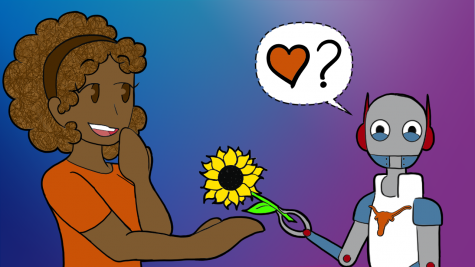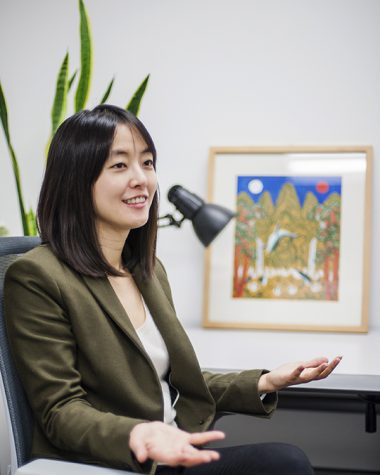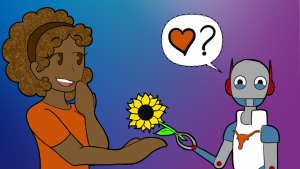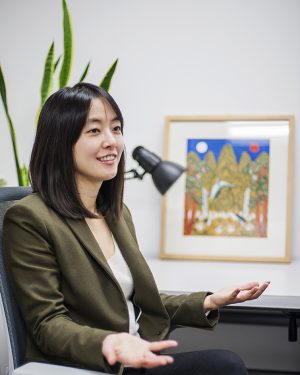ChatGPT: Plagiarism device or educational tool?
February 1, 2023
This spring marks the first full semester that UT students can take classes with access to ChatGPT, an online tool that uses artificial intelligence to generate text. Following its release to the public last November, ChatGPT became controversial in educational settings due to fear of plagiarism or lack of knowledge retention.
ChatGPT, a language model developed by the AI research laboratory OpenAI, can create text responses to human-generated prompts such as “Can you explain photosynthesis in 250 words?” or “Write my son a birthday note.”
Architectural engineering junior Galilea Gutierrez said they were shocked when their architecture design class syllabus included an assignment to submit a 500-word essay generated by artificial intelligence software.
“I was kind of surprised and confused. I didn’t expect that from (my professor),” Gutierrez said, adding they had taken a class with the same professor before and had to write an essay by themself without AI assistance.
Currently, the University does not list any official policy preventing the use of ChatGPT.
Peter Stone, associate chair of computer science and director of Texas Robotics, said professors can still thoroughly teach students with ChatGPT.
“(Students) can still learn everything they could learn before, and perhaps even better if they incorporate the tool in the right way at the right time,” Stone said. “I don’t think the tool fundamentally threatens the ability of people to learn.”
Stone compared students’ use of ChatGPT to a calculator, saying if students are taught basic concepts first, the tools are useful to supplement work.
“Depending on exactly what I’m trying to teach, I would welcome people using (ChatGPT) in the same way that they welcome people using calculators,” Stone said. “As long as they acknowledge what tools they’ve used.”
While Gutierrez said they tried to use ChatGPT to write their essay, they ended up writing the essay themself due to the software’s inaccuracies.
“From what I know, most of my classmates are also having issues with (ChatGPT),” Gutierrez said.
English and government senior Alec Leaper said he thinks ChatGPT can be a valuable research tool, but views any use of the computer software to generate a writing assignment as plagiarism.
“I don’t see (ChatGPT) as plagiaristic when it’s being used as a component of the research process, but it is plagiarism when you’re using it to attempt to synthesize original arguments or create a final product that you’re going to submit,” Leaper said. “Because in that case, you’re taking other people’s ideas across the internet and presenting them as your own.”
Leaper said overgeneralized text with an uncritical understanding of the information presented is a telltale sign of ChatGPT-generated text.
“You have to recognize that (ChatGPT) is going to output incorrect statements. People need to be able to understand that and take them for what they’re worth,” Stone said. “They still have to be able to stand by everything that they turn in.”
Stone said there are researchers currently working toward developing tools to determine if a text, like a writing assignment, is AI-generated.









